Worst carmakers named and shamed: Here's why they suck...
Let’s expose the most reprehensible carmaker brands selling vehicles to you in Australia - and why they’re such corporate cocks. This matters if you’re about to buy a new car in 2023…
There is one defining characteristic of carmakers which you must strive above all else to avoid if you'd like to be satisfied long-term with your next new car.
In this report, I am going to fillet the entire car market and identify all of the bad players; we're going to throw them under the bus, the better for you to proceed with some semblance of a smile on your face into the future.
This should help you immensely if you've got that $30,000-$80,000 ready to go now but you haven't thought about the car market for a substantial time - probably not since you last bought a car. Am I right?
When it comes to buying a car, like any consumer product, there are two opposite directions a carmaker brand can choose to take when it comes to responding to you in the event of a problem. Every carmaker gets this choice: left or right. And that’s not a political euphemism, either. A carmaker can either go left and ask themselves, ‘What’s the right thing to do?’ or they can ask themselves, ‘What can we get away with?’ and go right.
There's an increasing trend for people to go down this track, wondering ‘What can I get away with?’ It's a failure of integrity, up front, and it leads to massive problems.
There are at least 20 different car brands in the market today, in my view, which lack the fundamental integrity to warrant your consideration as a potential customer. That's what we’re going to use to determine the vehicle brands that go on the discard pile - they’re the one’s we’re going to shame.
You probably can’t name the 60-odd brands of car on sale in Australia in 2023, and naming 20 of them would be a challenge for most ordinary people who are not car enthusiasts or motoring journalists.
Now, when it comes to figuring out which further brands don’t go on that pile, we need to apply some philosophy here. See, all carmakers have websites and brochures and marketing campaigns all designed to promote the product - and to them, their product is the best. But in reality, the truth is they’re all pretty much the same in terms of the actual products themselves.
What’s really similar among all car companies is their vehicles. If you buy a seven seat SUV, it's almost the same as every other competing seven-seat SUV - same tech, same size, same weight, same performance, same warranty, pretty much. Yet its praises are sung loud and hard in the promotional material - except a Sorento, a CX-9 is almost the same as Sorento, Sorento is a clone of Santa Fe, and Kluger's not that different.
The critical difference is the companies themselves and their approach to right and wrong when you are a customer. When you're a customer, you're locked in.
But the aftersales experience is markedly different to the sales experience, I’d suggest.
We've got rules about what consumers, retailers, importers and wholesalers should do. The rules are very clear. But the environment itself is badly regulated, for a few different reasons. The first reason is that the Australian Consumer Law was written basically with the underlying premise that everyone would act in good faith and try to do the right thing, and the law is more of a guideline about what to do if there's ever a disagreement - and litigation is a last resort that we probably don't need in the vast majority of cases because both parties will see reason and a compromise will be reached.
That was the notion.
Nothing could be further from the truth, because of the imbalance of power. If a carmaker decides, ‘What can I get away with?’, how are you going to fight them? They've got lawyers and resources you don’t have.
I'd also suggest that the ACCC is asleep at the wheel, because they're playing this game where they think that everyone is trying to do the right thing, and nothing could be further from the truth, in my estimation at the coal face, receiving complaints all the time, from consumers who are being seemingly let down by carmakers.
My AutoExpert AFFORDABLE ROADSIDE ASSISTANCE PACKAGE
If you’re sick of paying through the neck for roadside assistance I’ve teamed up with 24/7 to offer AutoExpert readers nationwide roadside assistance from just $69 annually, plus there’s NO JOINING FEE
Full details here >>
AutoExpert DISCOUNT OLIGHT TORCHES
These flashlights are awesome. I carry the Olight Warrior Mini 2 every day - it’s tiny, robust, and super useful in the field or in the workshop. Olight is a terrific supporter of AutoExpert.
Use the code AEJC to get a 12% discount >>
Generators suck! Go off-grid with AutoExpert BLUETTI PORTABLE POWER STATIONS
Need mobile, reliable power? If you’re camping, boating, caravanning or building a dirty big shed in the back paddock, and you need to run a refrigerator, lights, air conditioner, cooking, and/or a bunch of tools - Bluetti has a clean, tidy, robust solution…
Get your AutoExpert free shipping discount here: https://bit.ly/3n62heK
BRANDS TO BONE
You can immediately discard a quarter of those brands on the basis of being completely irrelevant to mainstream car buyers. The likes of Morgan, Caterham, Alpine, Ferrari, Porsche, Aston Martin, Lamborghini, Maserati, Rolls-Royce, Bentley, can all go on the pile.
The Tata Group: Jaguar, Land Rover. Google the words ‘Sally Morphy Range Rover’ to find out why; they did behave like such abject bastards to Miss Morphy too. That was pretty much a clear case of smoke being the harbinger of fire: a $250K Range Rover that ended up costing JLR Australia around $600,000 when it was all said and done back in late 2019. They chose to see what they could get away with - but got away with even bigger numbers to pay.
Fiat Chrysler Australia, now known as Stellantis. This would include Jeep, but also brands that are nowhere like Alfa Romeo, Chrysler, Dodge, Fiat. I'm suggesting that they’re worth avoiding due to the great many complaints I've had over the years, specifically about Jeeps and the inability of that company to do what's reasonable. This is exemplified by the Lawrence family’s Grand Cherokee. Stellantis/FiatChrysler will opt to see what they can get away with, not doing the right thing.
Volvo is another one to throw under the bus because they're terrible at customer support - certainly far from exceptional - and this is essentially because they were joined at the hip to Jaguar Land Rover, Aston Martin and Ford. Ford owned them all, the Global Financial Crisis kneed Ford in the nuts so they had to have a fire sale to get rid of them; so Volvo was bought by the Chinese and hasn’t done much significant since. Except loiter in the market.
Next, throw away all the brands under the umbrella of a private importer of fledgling and otherwise dud brands, known as ATECO. Brands include LDV, RAM, Renault and Maserati. LDV has become quite popular with just over 16,000 sales last year, RAM’s quite popular as well 6000 sales, and Renault for about 9000 sales last year. ATECO does not have a very strong commitment to right and wrong in the aftersales support domain, in my estimation. They're more about ‘What can we get away with?’ kind of deal. Check out the Timothy Rigby LDV T60 official court judgment here >>
Nissan. A big seller in Australia, not as big as they were, but a shadow of their former self. In fact, Nissan Australia is nearer to the brink of collapse than they would ever admit. At 26,000 sales it's not bad - yet - but just look what they did to first-generation Nissan Leaf owners: the battery was very badly designed in terms of its cooling mechanism. i.e. It had none. The batteries started to lose their ability to hold a charge, range plummeted and in some cases the range per charge dropped down to about 20 kilometres, especially in colder places. Instead of acknowledging their poor design and replacing the battery packs, Nissan Australia invoked a bogus battery replacement program in which they stung the owners of these vehicles almost $10,000 and said the cost of replacement was $35K, so they're subsidising it.
Mercedes-Benz prides itself, in marketing at least, as an exemplar of engineering excellence and they do refinement and finesse better than anyone else - if you ask them. But in fact, you just have to scratch the surface to realize how shoddy a lot of their workmanship really is. Their Comand online system was sold in a bunch of cars, which was spruiked as this wonderful connectivity technology, when in fact it was was operating on an antiquated Windows XP architecture. The security certificates expired, and no longer supported by Microsoft, Mercedes just decided to turn the whole thing off.
Mercedes vehicles were also cursed with a crabbing problem whereby you apply a large degree of steering lock, and the transmission front-to-rear starts to bind, so the whole car starts to crab sideways around the corner. This chews up tyres and puts strain on the driveline. But the Mercedes official response was that it’s not a defect but an operational characteristic.
Anything clubbed with the Volkswagen stick, including Skoda, Audi, Cupra and Porsche. Volkswagen itself still manages to sell shy of 31,000 vehicles a year here in Australia, but Audi sales are off a cliff at about 15,000, and Skoda struggled. Volkswagen, more than any other brand, despite its high sales figures as you aggregate all the different Volkswagen brands, it's the ultimate ‘what can we get away with’ car company. Evidence for that is that it's the only car company, that I can see, operating in Australia having achieved a full criminality status in the United States. Conspiracy is what they admitted to, they paid about $4.3 billion after pleading guilty to criminal conspiracy in the US.
In my view, Volkswagen’s customer support in Australia is borderline criminal.
Isuzu Ute which has outrageously high sales when you consider that they really only sell two products, the MU-X and the even more popular D-Max. But they are just terrible at customer support and most recently I reported on this about Daryl Imray and his D-Max with 120,000 kilometres on it, and a year out of warranty. Some significant part failed, and the bill to repair it was going to be several thousands of dollars.
He asked them to look after him and they denied his request on the basis of his vehicle being out of warranty, except that as a car company you would know very clearly that on the issue of warranty - you still have consumer law rights after your warranty expires. Mr Imray’s vehicle did not meet the durability expectations of a reasonable consumer, in my view, which is a violation of the acceptable quality consumer guarantee. Isuzu knows this; every car maker knows this, yet they often try and brush you off, on the basis of being out of warranty.
Ford has a terrible consumer law compliance reputation frankly. The new Ranger is pretty clearly a dog also, and my heart was as heavy as a butterfly in spring when A Current Affair (that bastion of responsible journalism) actually covered this issue. Two customers who have been properly thrown under the bus by Ford Australia regarding their Ranger which died and can't be fixed after being in the dealership for weeks.
The fact Ford can't fix the problem - on a so-called pick-up truck, mind you - is unacceptable off the bat because one of the requirements about selling anything in this country is that you have to be able to fix it if it fails, or replace it. Incidentally, Ford can't do either of those things.
There was also the Focus ‘PowerShit’ dual-clutch transmission fiasco back in 2018 which saw Ford Australia pay a record $10 million penalty as a result of losing the class action lawsuit brought against them - because they tried to get away with it, rather than fix the problem or refund customers. Oh, and don’t forget that dealer salesperson who dropped the F-bomb about the RS failures. Ford became the biggest loser for a reson >>
I'd suggest we can ditch a few more brands from your shortlist:
Ditch BYD because although the ATTO 3 is electric and it's shiny and new and therefore it’s virtuous, BYD still is an experiment. They have no dealerships and are going to rely on MyCar to do its servicing and technical support. If you want to be a lab rat in the mad BYD testing program, there’s nothing to stop you, but I'd suggest the prudent position is to just to watch and see what happens. If in three years or something it looks like two thumbs up in the same way MG has done, then great.
Honda Australia is on the brink of commercial collapse and like Nissan, it's a shadow of its former self. The prices are extortionate and outrageous currently, because of their new business model and for all these reasons, just steer clear.
Peugeot and Citroen just they don't have critical mass and therefore there's a few issues around dealerships. They're imported by the same company that imports Subaru, called Inchcape and they are ridiculously good at customer support. But because of the low critical sales mass, the number of dealerships around the country is low, so if you have a problem with your local dealership it's going to be a long way to the next Citroen dealership. Also, local parts inventory is likely to be quite low, as is investment in dealership training.
Polestar: it's a joke basically. It's like a Volvo spin-off and Volvo is going all electric anyway. So what’s the point? Oh, and look at them, they’re investing in hovercrafts and hydrofoils. Why? Don’t bother with Volvo either, they’re nowhere, commercially.
SsangYong sales are actually not too bad at the moment but the brand has had five attempts at Australia and how many cracks do we have to have with failures at the end until we decide that's a bit of an Einsteinian example of running the same experiment over and over and expecting a different result.
Suzuki: Don’t bother. Suzuki sales are kind of nowhere in the context of Japanese car makers and objectively, there are better Japanese products from better Japanese manufacturers.
BRANDS TO BRING HOME
BMW, Genesis, Hyundai, Kia, Lexus, Mazda, MG, Mitsubishi, Subaru and Toyota.

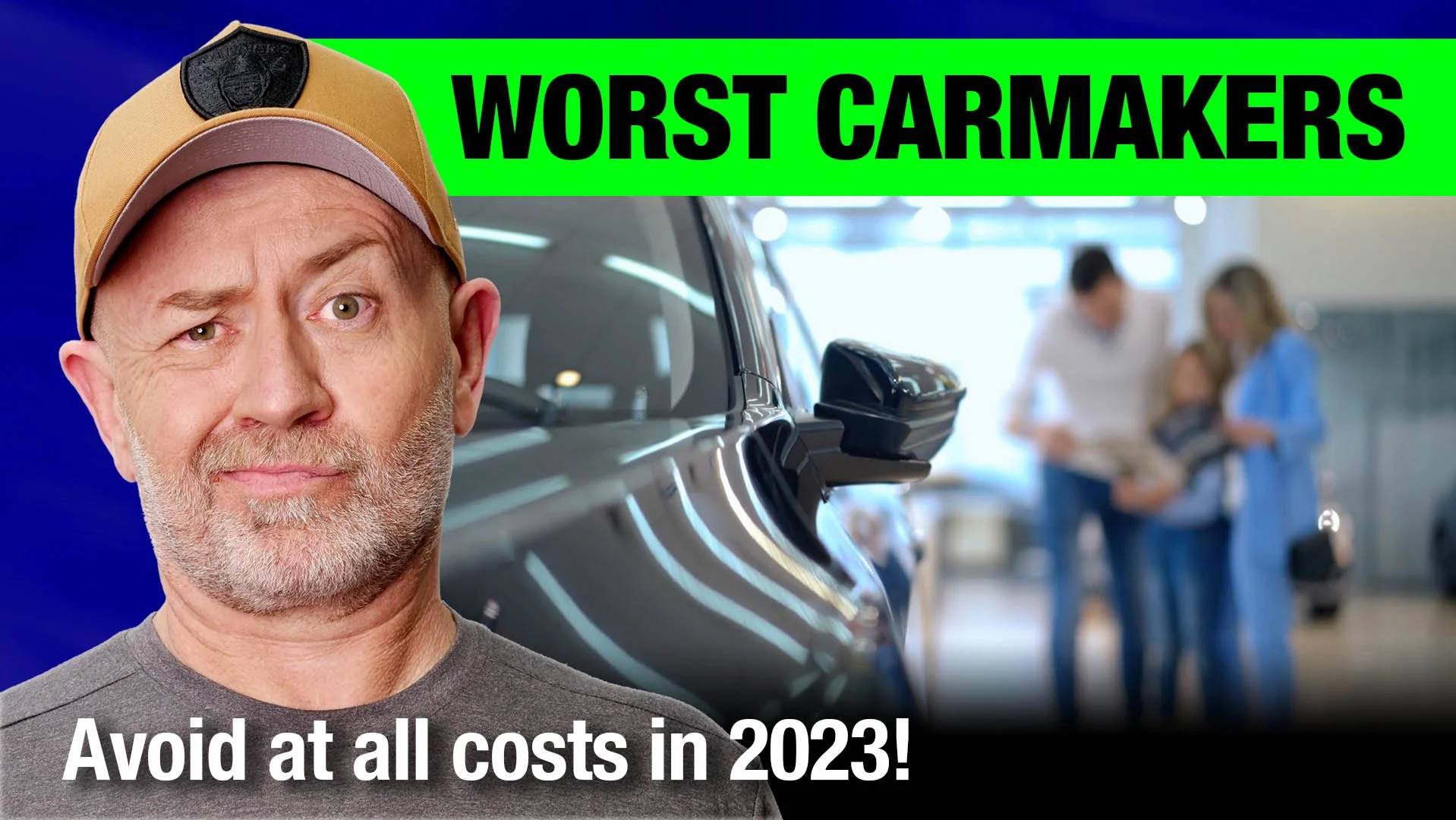




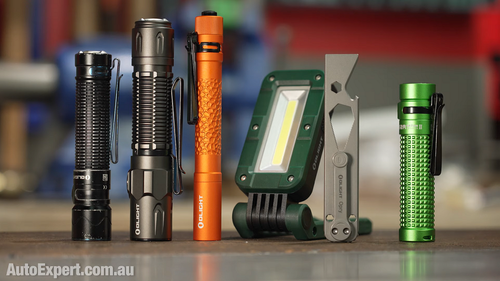

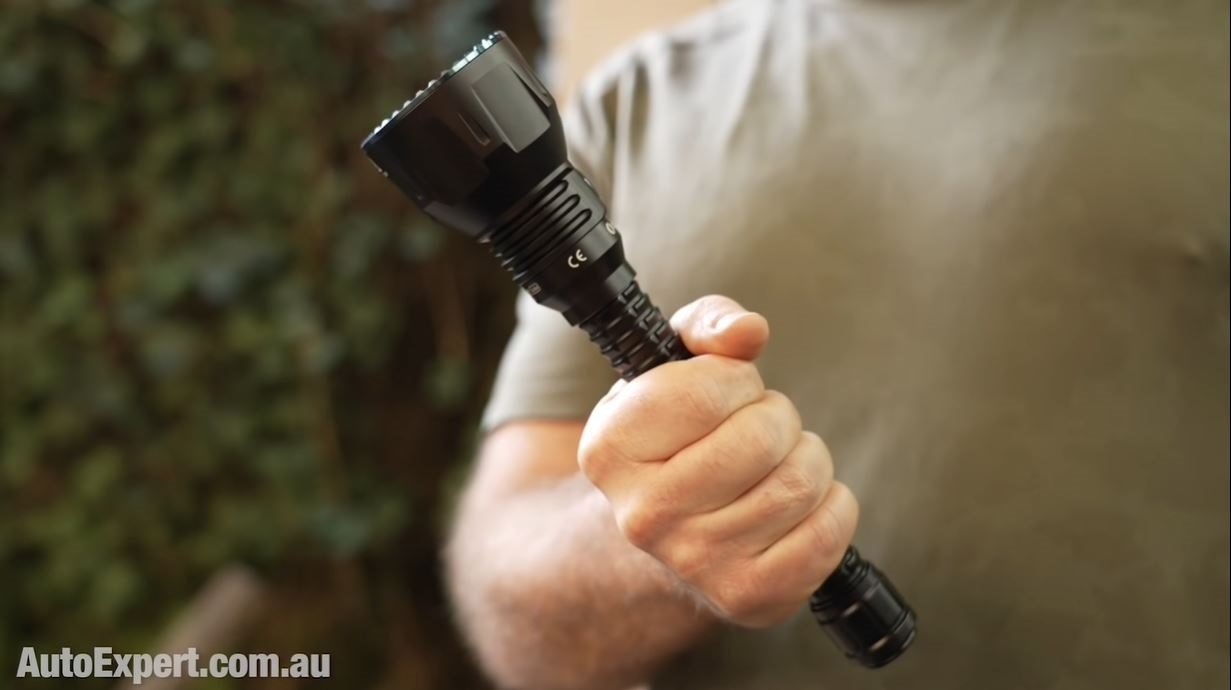
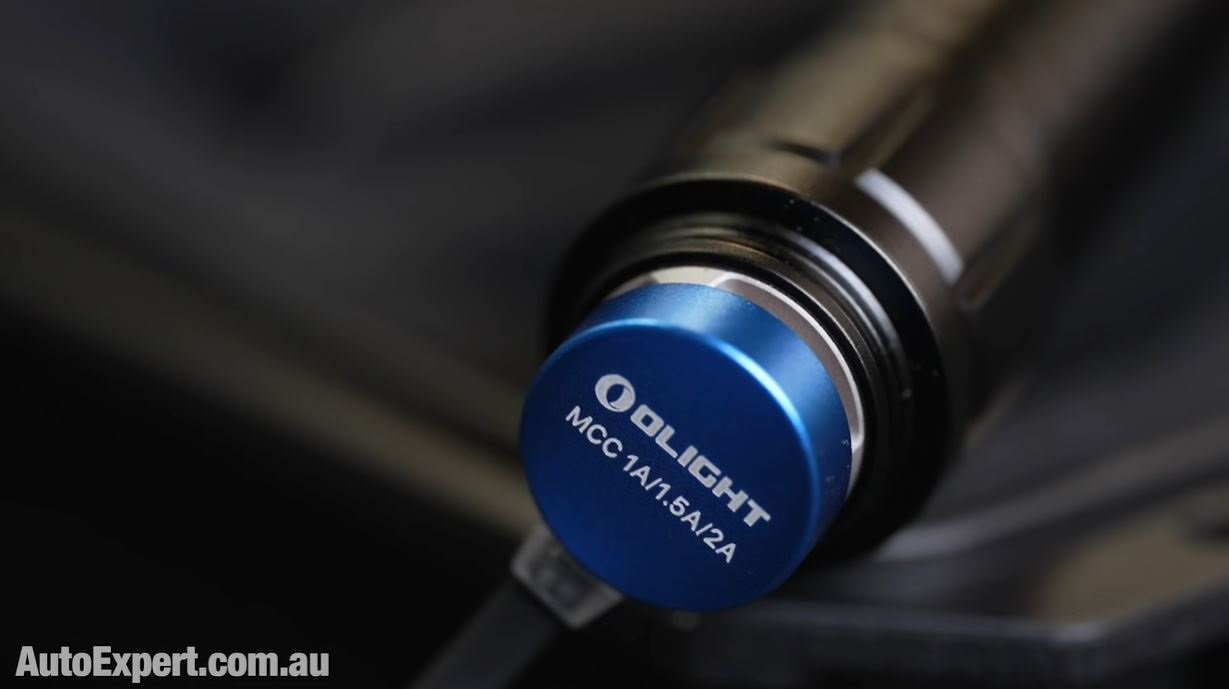
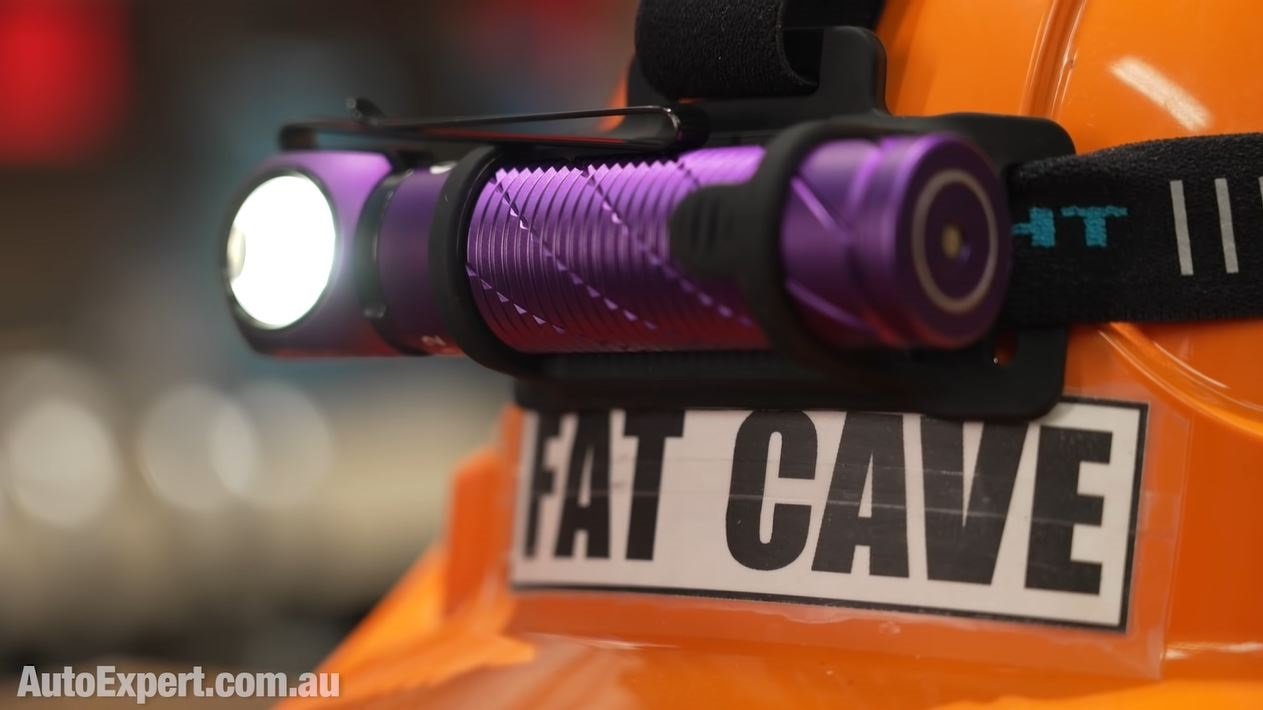
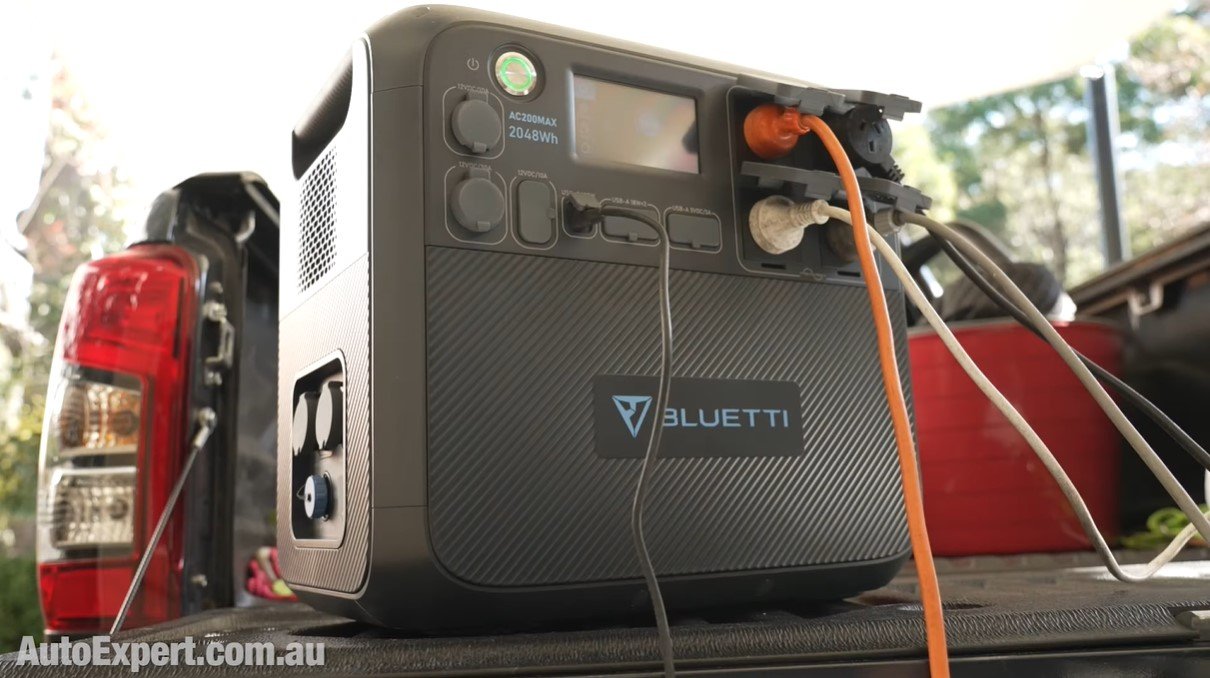
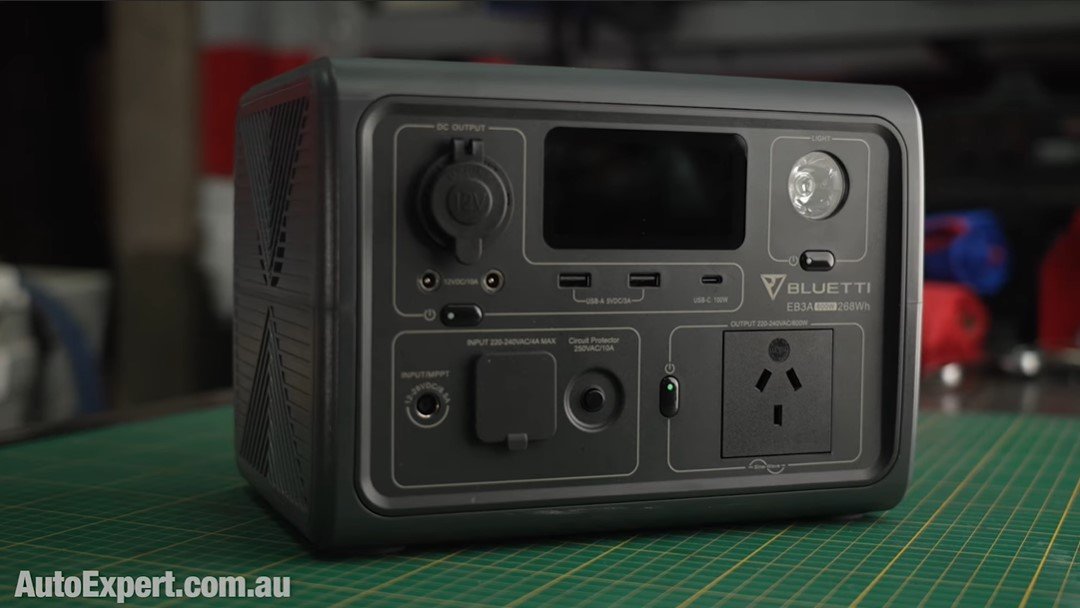
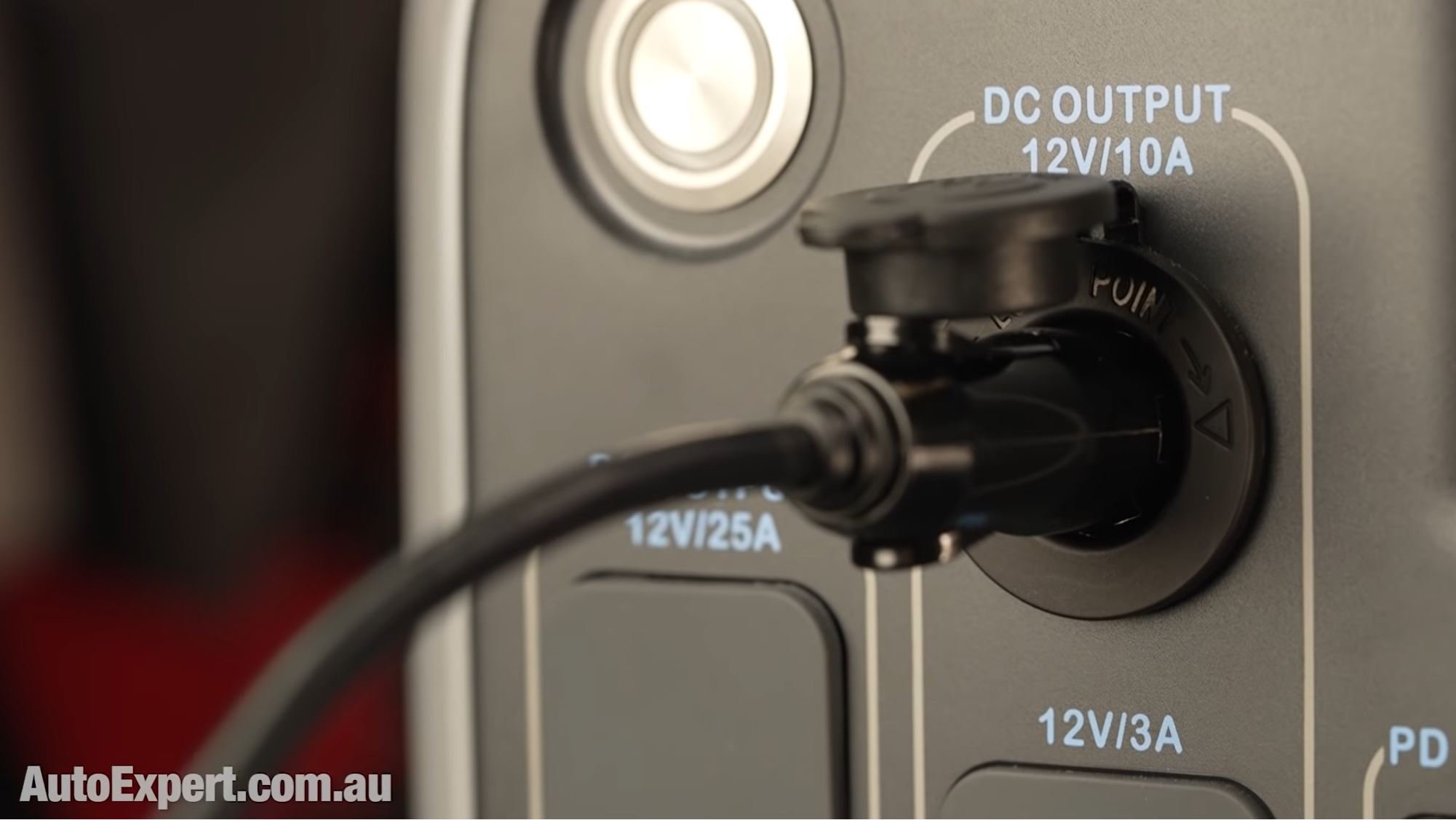
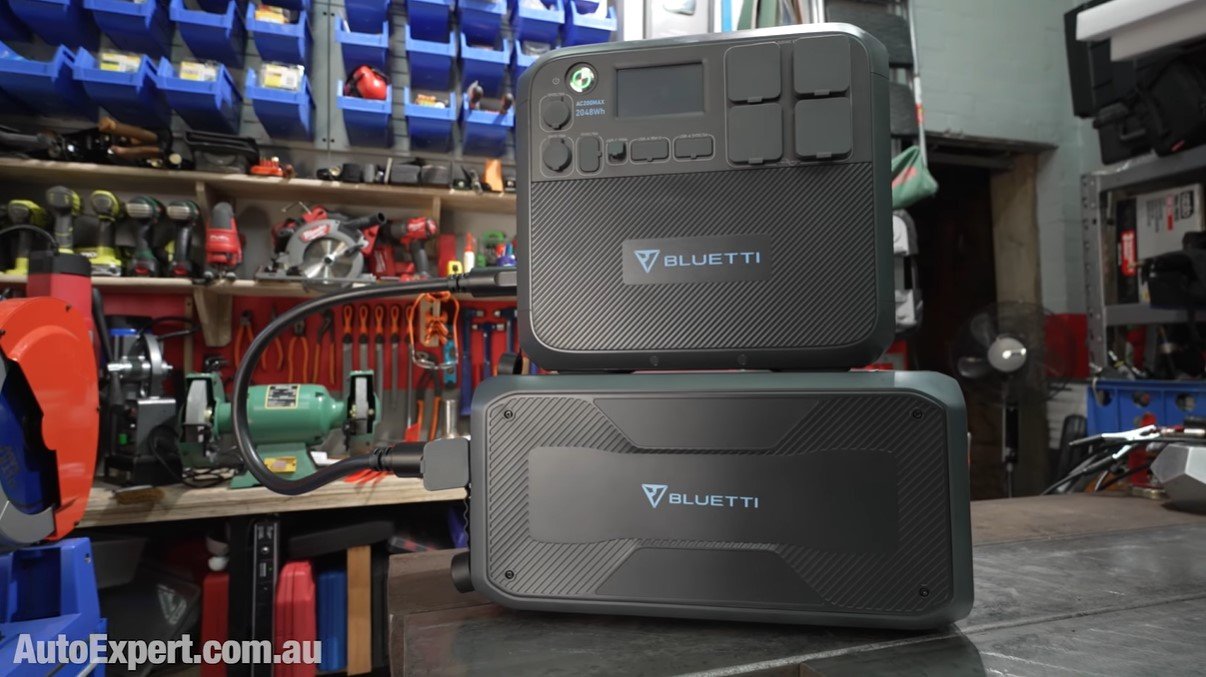
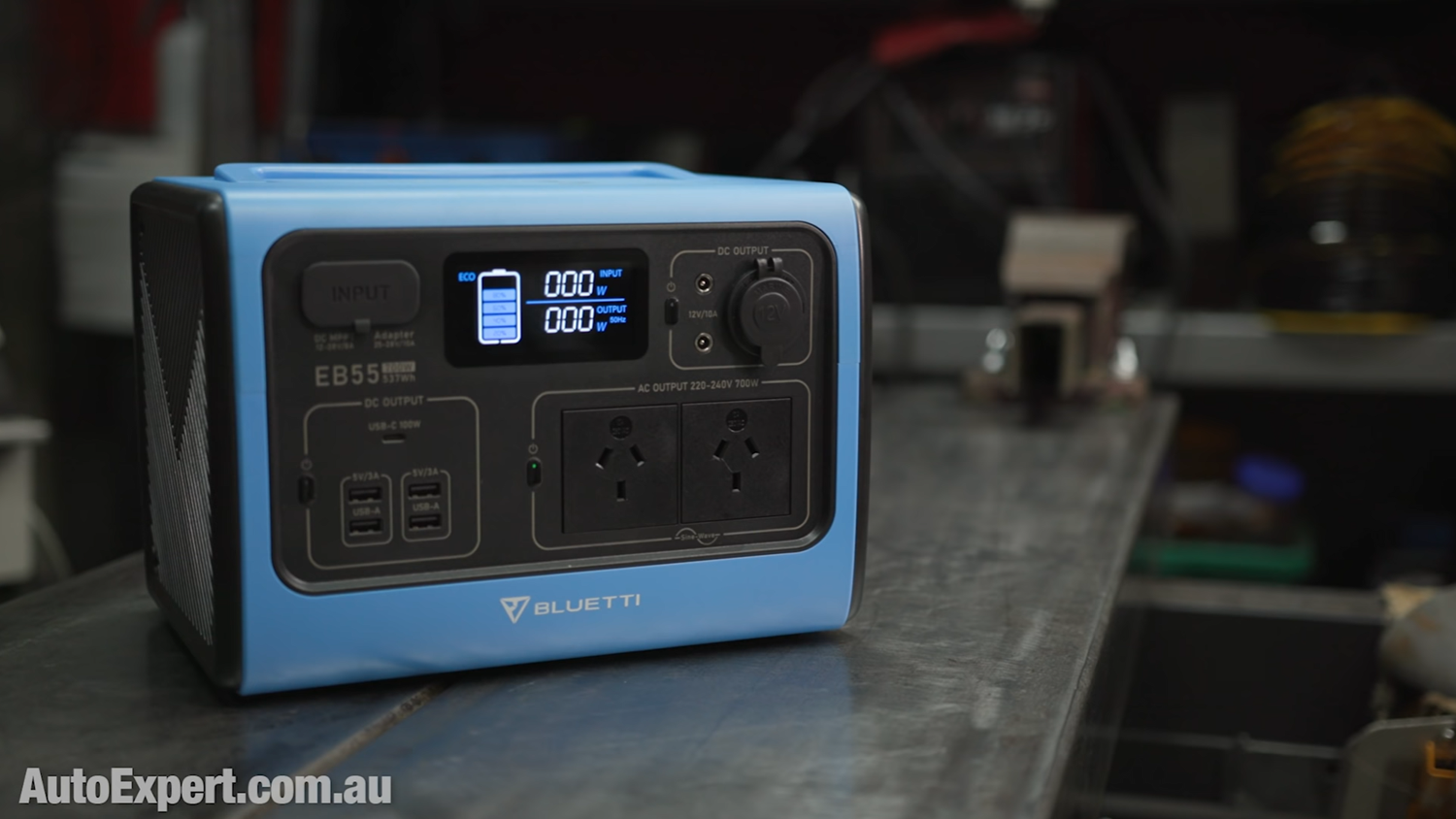
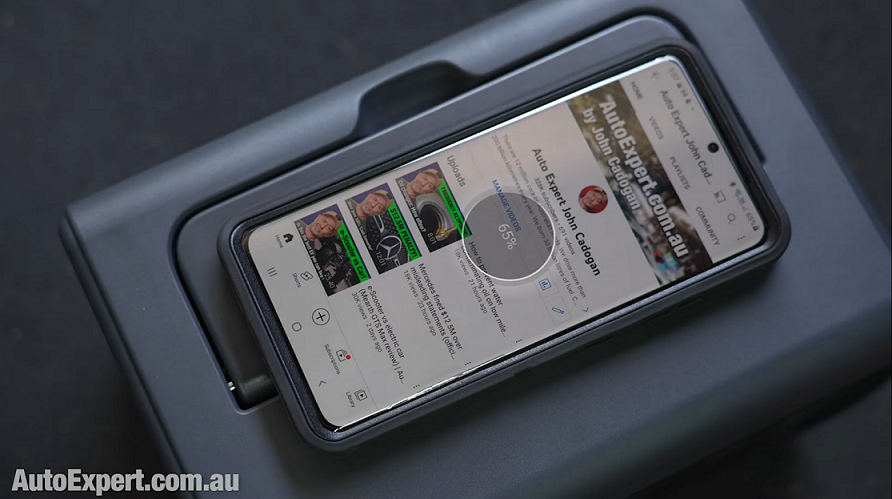
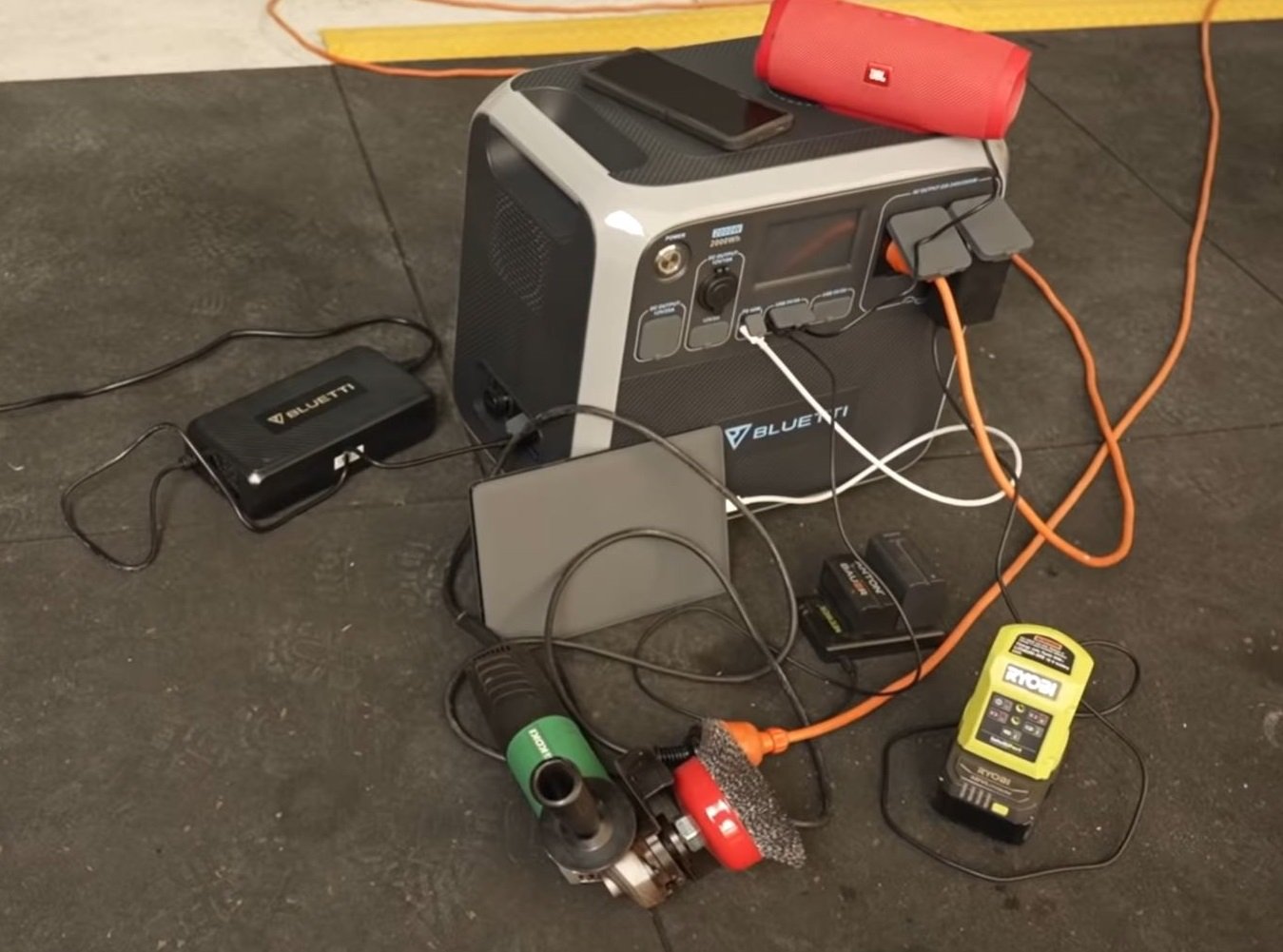
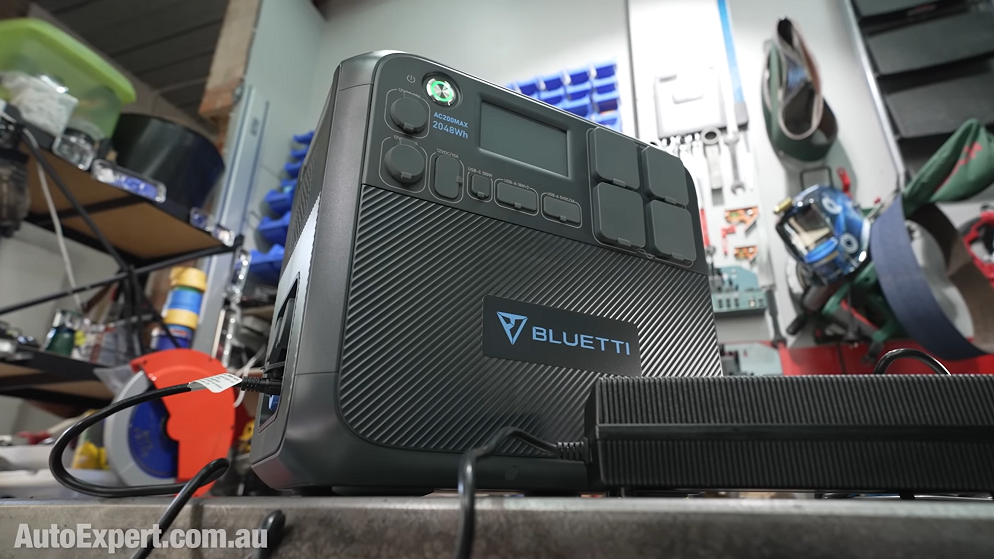


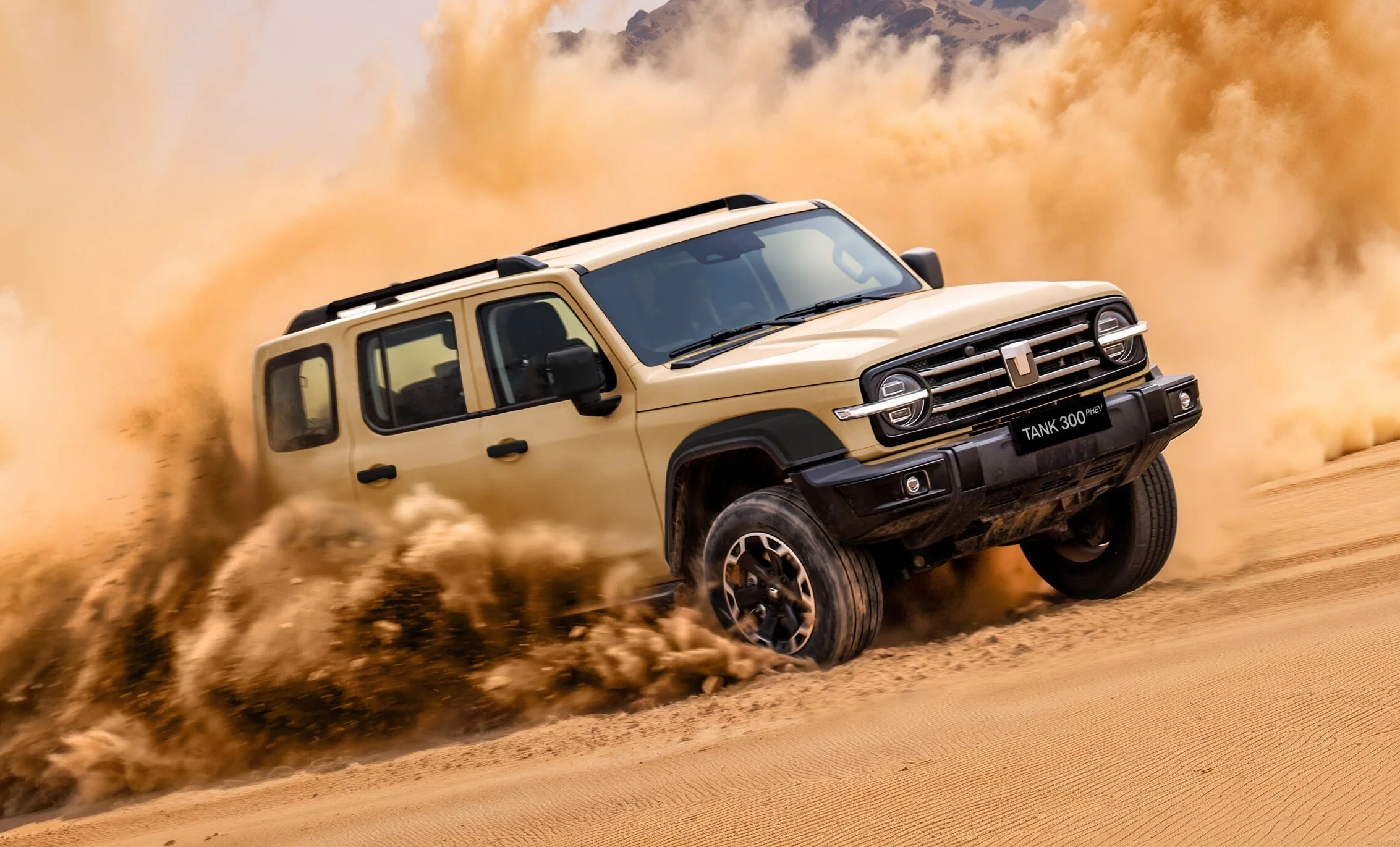


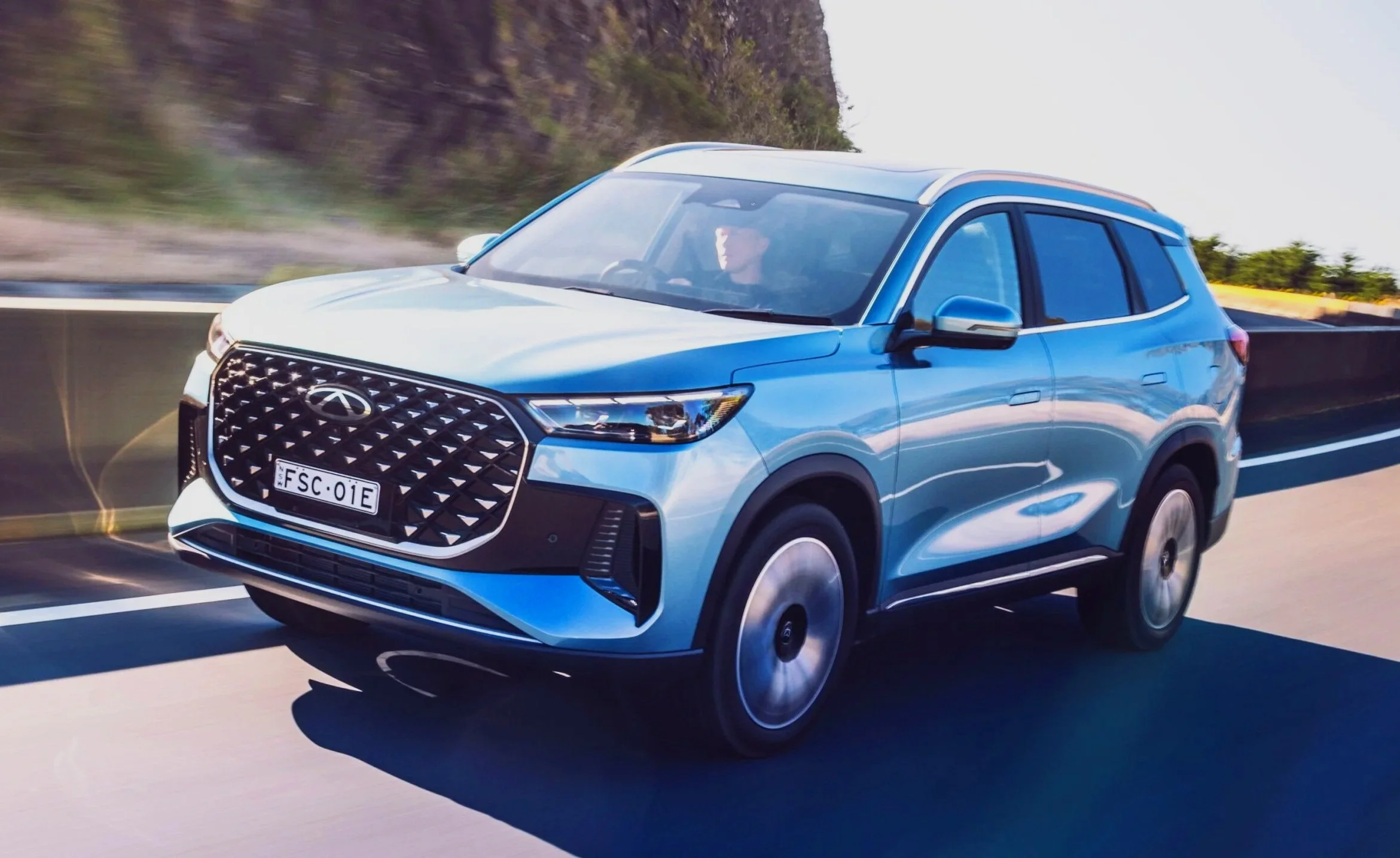
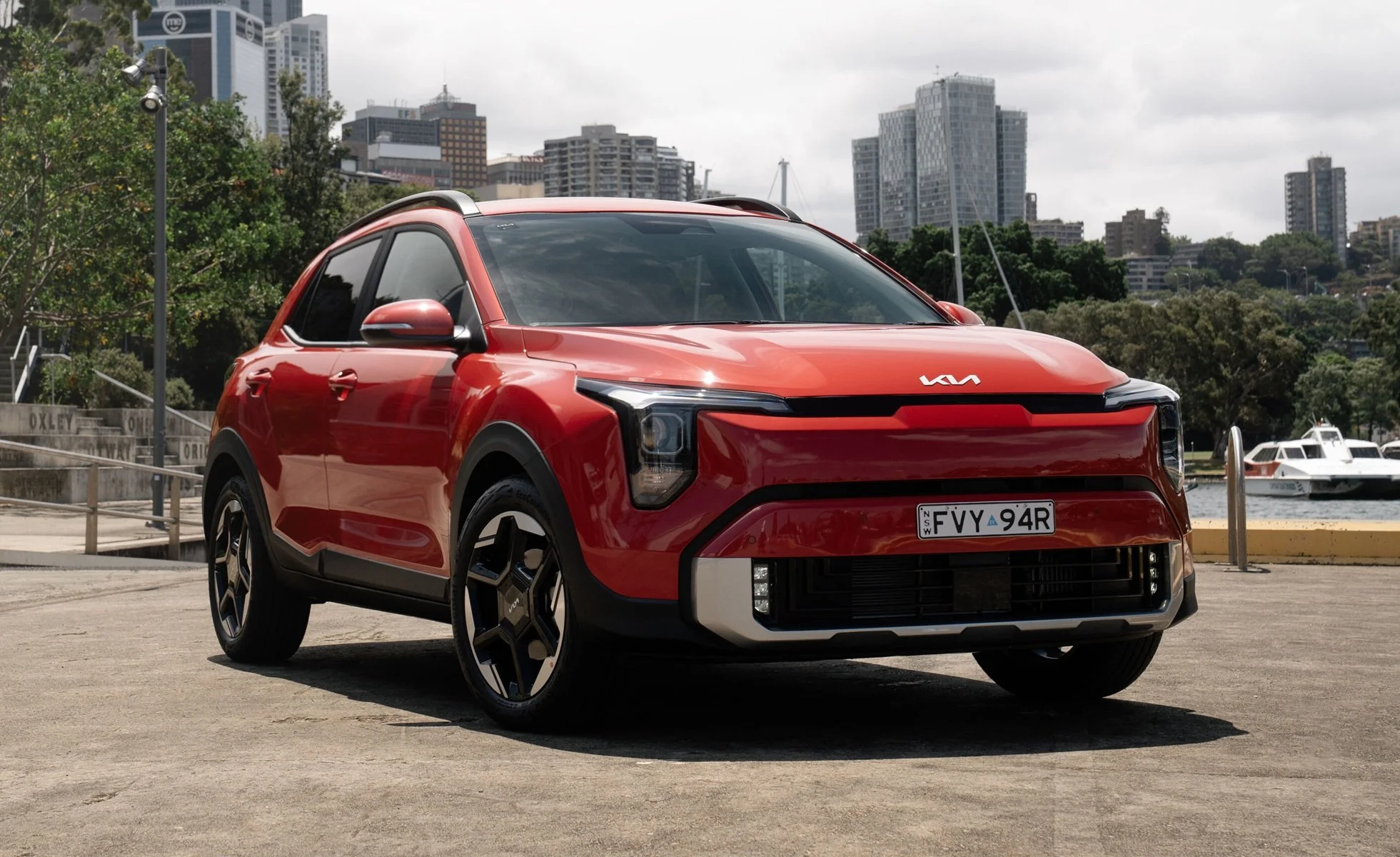
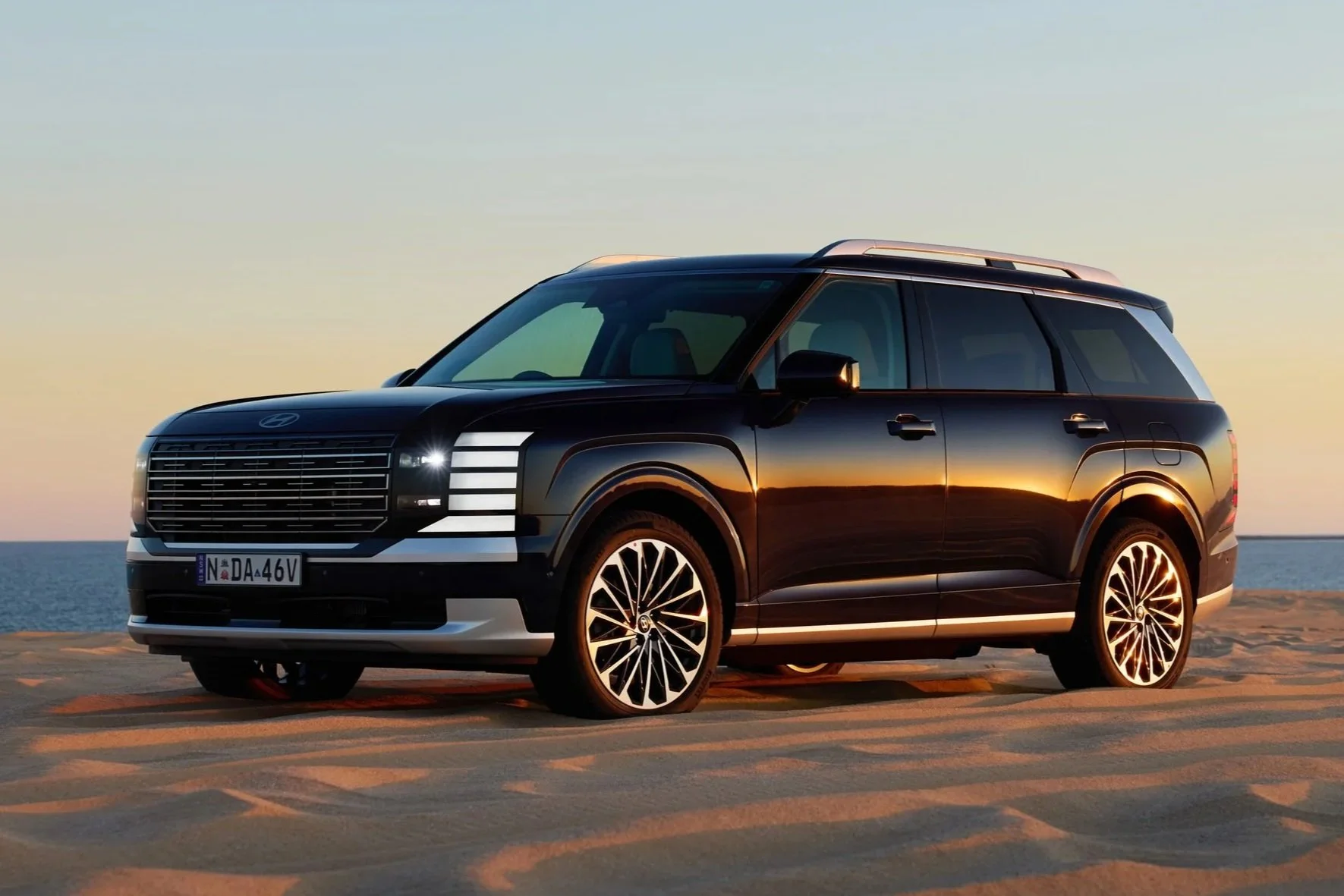
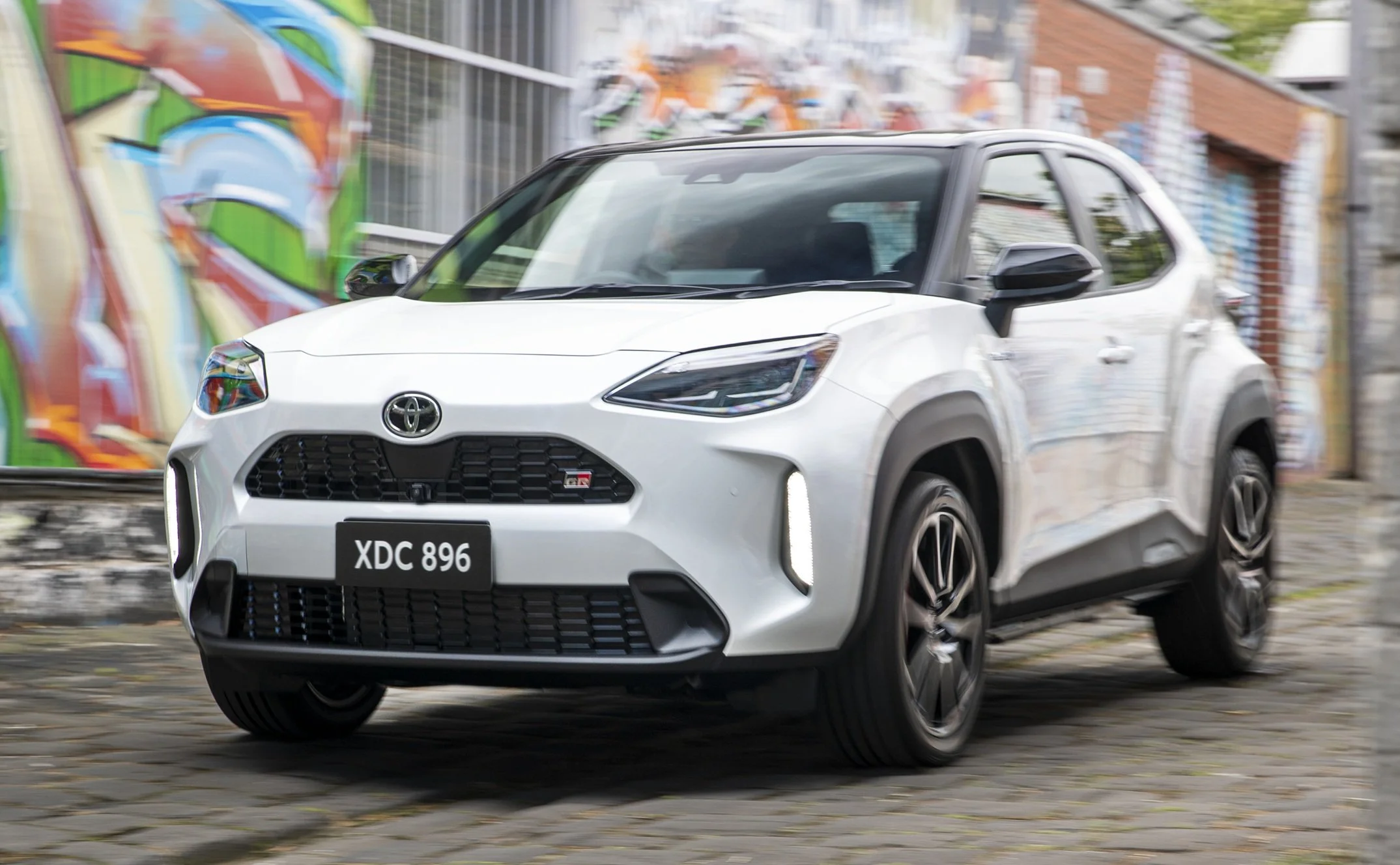


Just because a ute is cheap, that doesn’t mean it’s worth the money. Is the GWM Cannon more than just a cut-price Ranger wannabe? Can it offer towing, off-roading capability and robust design to compete with the big brand dual-cab utes like Hilux and Triton?